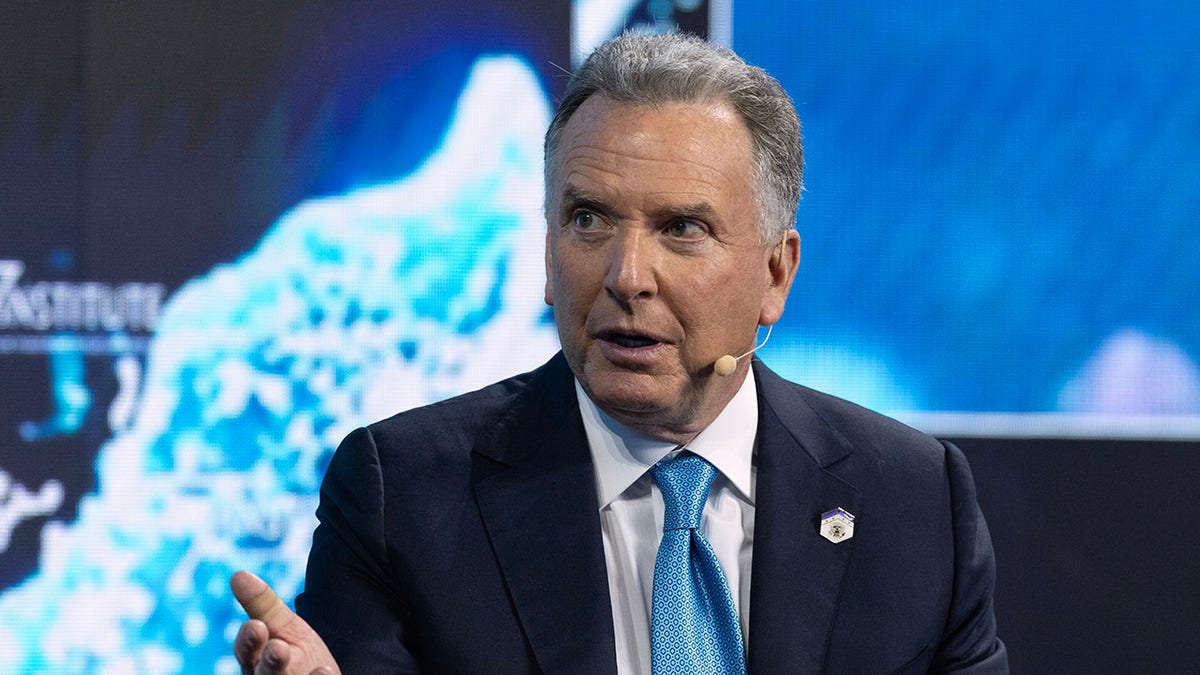Amidst the Wagner Group's brief but impactful rebellion, Belarusian President Alexander Lukashenko emphasized his nation's military preparedness. According to Belarusian state news agency Belta, as reported by The Moscow Times, Lukashenko stated that the mercenary group's actions posed a direct threat to Belarus's national security, necessitating a heightened state of alert. "I issued comprehensive directives to elevate our army to full combat readiness," Lukashenko declared.
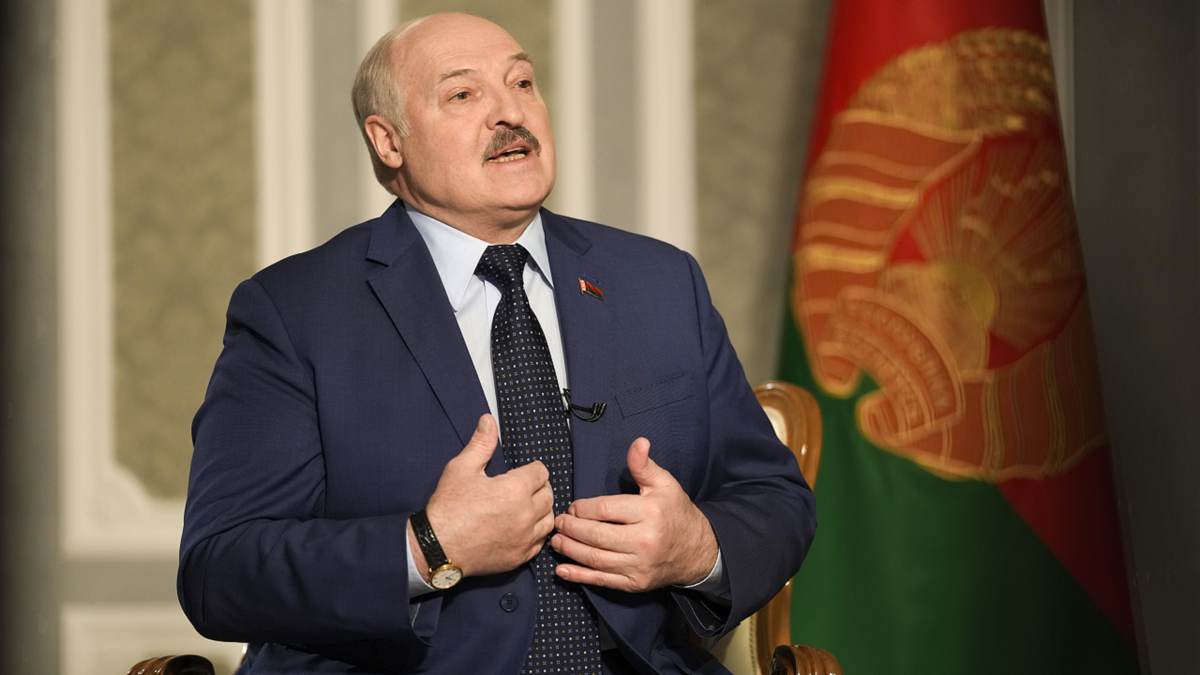
Lukashenko expressed his concern over the events that unfolded in southern Russia, saying, "Witnessing the events in southern Russia was distressing, and I wasn't alone in feeling this way. Many Belarusian citizens were deeply affected because we share a common homeland." The Belarusian president's comments come after Wagner Group leader Yevgeny Prigozhin's unexpected challenge to Russian forces, seizing control of military installations before a negotiated settlement brokered by Belarus led to a de-escalation on Saturday.
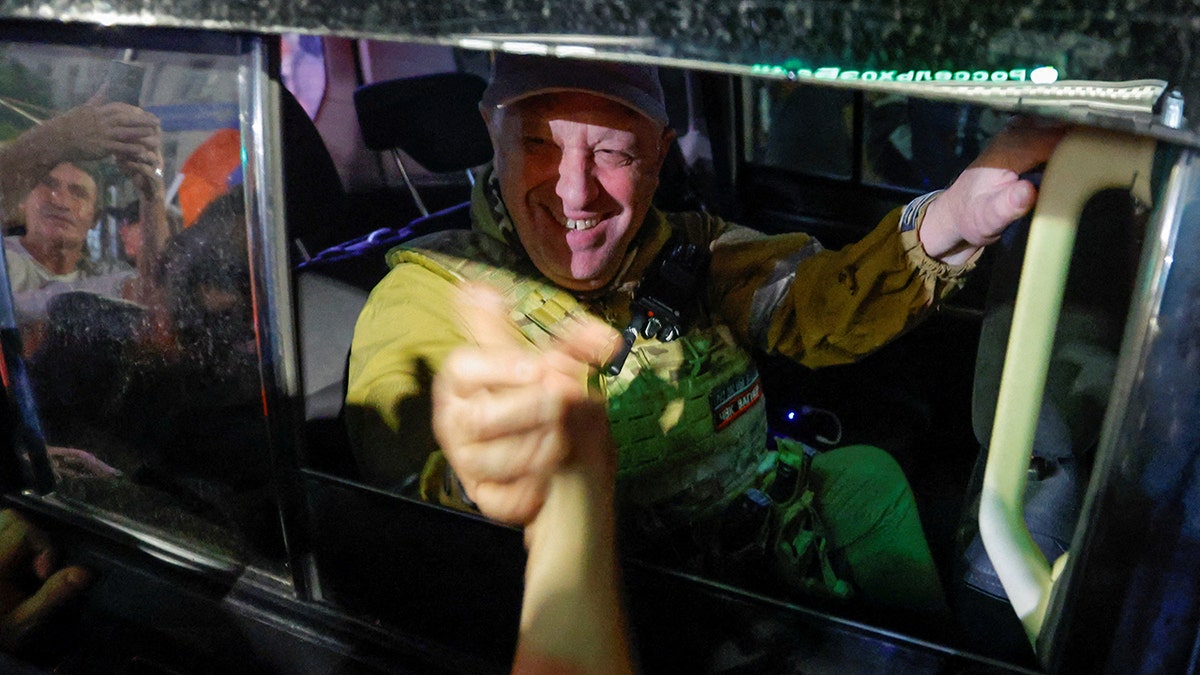
Underscoring the interconnected fate of the region, Lukashenko warned, "Should Russia falter, we will all be caught in the wreckage, facing dire consequences." Prigozhin's justification for his actions was outlined in an 11-minute audio message shared on social media. He asserted that the march on Moscow was a demonstration against the handling of the war in Ukraine and not an attempt at regime change, according to Reuters.
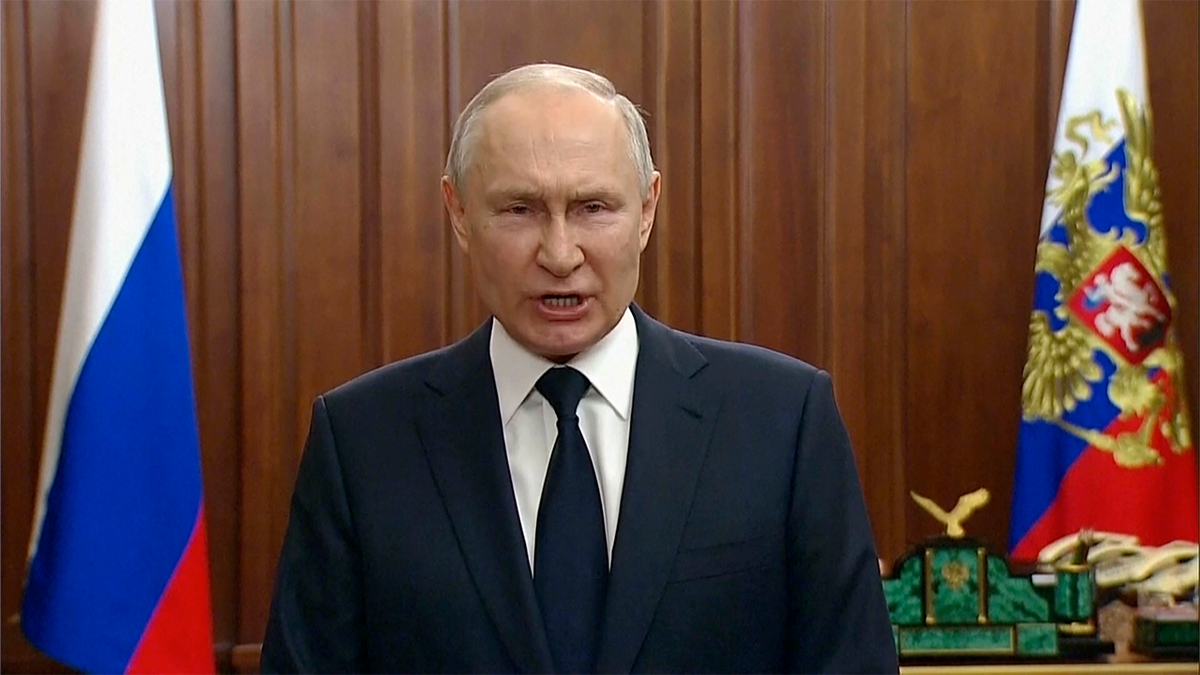
The Kremlin confirmed an agreement ensuring Prigozhin's relocation to Belarus, along with amnesty for him and his troops. Prigozhin's rebellion followed his criticism of Russian military leadership, particularly Defense Minister Sergei Shoigu and Chief of the General Staff Valery Gerasimov, for alleged inadequate ammunition supplies during the intense battle for Bakhmut. While critical of military leaders, Prigozhin refrained from directly censuring Russian President Vladimir Putin.
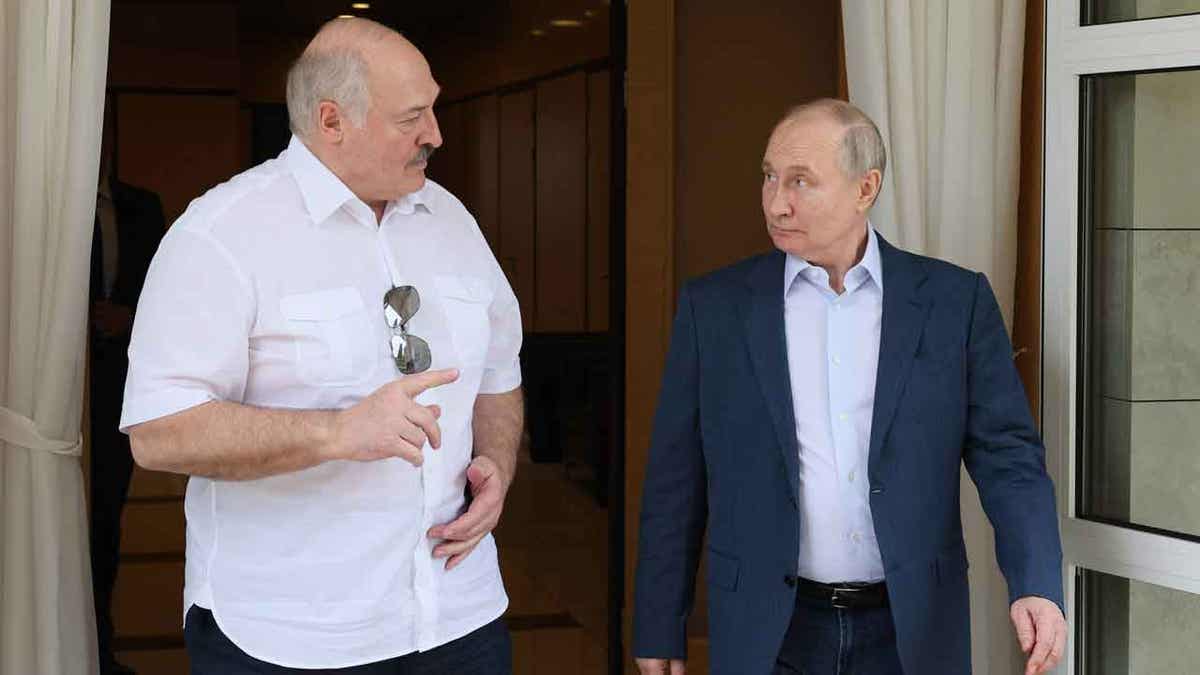
U.S. State Department spokesperson Matt Miller characterized the conflict as an internal Russian matter in which the United States has no involvement and will not intervene. He reiterated the U.S.'s neutrality regarding Russia's leadership, emphasizing the desire for a Russia that respects the territorial sovereignty of its neighbors. Miller also acknowledged the Wagner Group's history of human rights abuses and its tendency to destabilize countries where it operates.







